
We Americans are an interesting bunch. We cherish our independence. We love our rugged individualism. Despite having pride in our system of government, we really don’t like government telling us what to do.
Since rebellion is literally how we were founded, it’s sort of baked into our national identity. But it doesn’t always serve us well. Especially when we find ourselves in a global pandemic.
Individualism—at least the “I do what I want, when I want” idea—is the antithesis of what is needed to keep contagious disease under control. More than anything in my memory, the coronavirus pandemic has tested our nation’s ability to put up a united front, and so far we are failing miserably.
I hear a lot of the same complaints from people who decry government mandates to wear a mask or governors’ stay-at-home orders. We don’t need a nanny state telling us what we can and can’t do! This is tyranny! This is dictatorship! What ever happened to personal responsibility?
I actually have the same question. What did happen to personal responsibility?
Anti-mask folks throw that phrase around a lot, but I don’t think it means what they think it means. After all, if everyone were actually taking personal responsibility, we wouldn’t be in the position we’ve found ourselves in—floundering in an out-of-control pandemic with an accelerating death toll and continuing economic devastation because of our ongoing, half-assed response to it.
Taking personal responsibility doesn’t mean only looking out for yourself. It means being responsible for yourself, which includes doing the responsible thing for the society of which you are a part precisely because you are a part of it.
More than 400 years ago, the poet John Donne wrote these famous words, which are timelessly and universally true: “No man is an island, entire of itself; every man is a piece of the continent, a part of the main.” We are connected with one another whether we like it or not. And because we are part of a whole, we have a responsibility toward the whole. The irony in this particular moment, of course, is that our connectedness is what’s killing us. It feels counterintuitive that we must acknowledge our oneness by staying apart from one another, but that’s what keeping a pandemic from destroying the whole requires.
Personal responsibility in a pandemic means choosing, as individuals, to exercise that responsibility we have toward one another. It means using our individual agency, our freedom of choice, to do the right thing for the whole. It means that even if I am not personally at high risk of complications or death from COVID-19, I take responsibility for how my personal actions affect others. If lifelong public servants who are at the top of the epidemiology field ask me to wear a mask to protect others and keep our country from floundering in a pandemic, I choose to wear a mask. If the public health officials in my state, who are generally some of the least appreciated people in our government, say that we need to keep our distance from one another to protect the vulnerable, I choose to abide by their guidelines.
Making the choice to do what public health officials are recommending is what being personally responsible looks like in a pandemic.
As an American who trusts most politicians about as far as I can throw them, I understand people’s distrust of government. But just because a message is coming from government officials doesn’t mean it’s untrustworthy. Just because a mandate is coming form government officials doesn’t mean it’s tyrannical. Generally speaking, governor’s are following the advice of public health officials—the people who have spent their lives and careers preparing for just such a time as this—and if you think public health officials are in the same category as the politicians you don’t trust, well, you’re probably overly paranoid.
The key here is that if people were actually good about taking personal responsibility, we wouldn’t have to keep having government mandates in the first place. The countries that have managed to control the virus—New Zealand, Vietnam, South Korea, Taiwan, to name a few—did so with a combination of swift and decisive governmental response and unified action on the part of the people. An effective pandemic response requires both. Guidelines from the government are useless if people don’t comply, and people don’t know what they should do if the government isn’t clear about what needs to be done and why. Successful countries understood both things. America seems to have rejected both things.
Our government’s handling has been terrible, yes, but Americans’ tacit distrust of government is also not a virtue in this moment. By extending that distrust to public health officials, we are hurting ourselves and each other. We have sacrificed the societal freedom that would come with controlling the virus for individual freedom in the moment, which results in effectively losing individual freedom anyway because if the society we live in is negatively impacted by a virus, so are we.
“Live free or die” is too simplistic right now. In a pandemic, “live free or die” effectively means “live free and kill people.” Is that really the kind of freedom we cherish?
The bottom line is that my right to do what I want, when I want, doesn’t outweigh my responsibility to my fellow Americans. Not when there’s a pandemic raging through the country. I sacrifice for the greater good because I am part of that greater good. I recognize that our collective freedom in the long run is more important than my individual freedom in the moment, and I take personal responsibility by doing my part to ensure our collective freedom.
We stay distanced because we’re connected, and we isolate because we are not islands. And as John Donne wrote later in his poem, we see ourselves in one another and acknowledge what our essential oneness means as we watch the statistics rise:
“Any man’s death diminishes me, because I am involved in mankind; and therefore never send to know for whom the bell tolls; it tolls for thee.“


 stop playinnnn with mee lol
stop playinnnn with mee lol 

 (@sportsnshoesTV)
(@sportsnshoesTV) 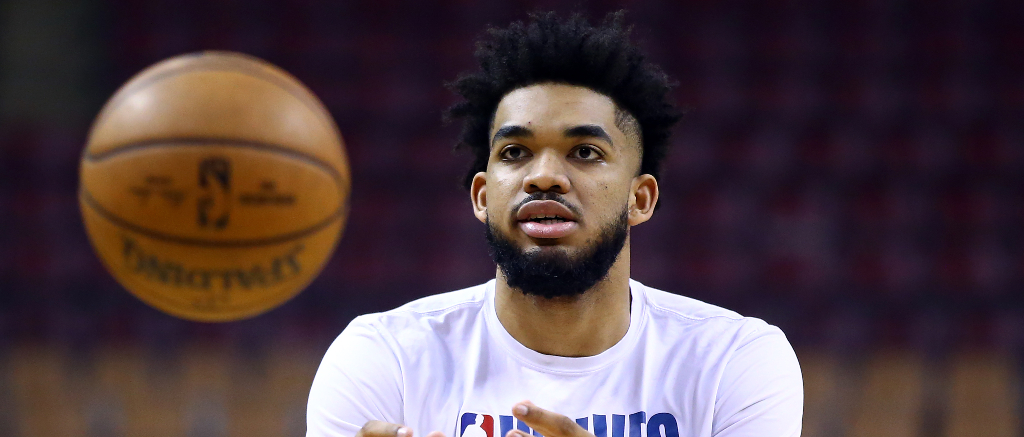
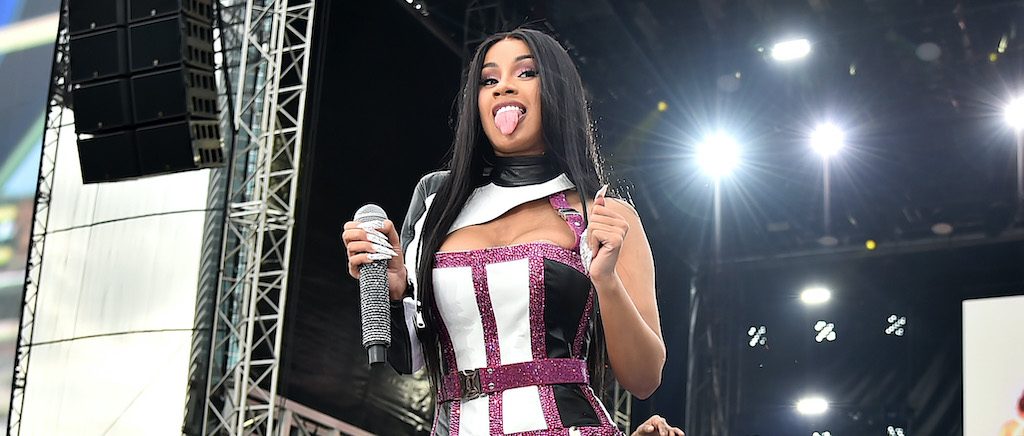

 (12/20) (@yawningemoji)
(12/20) (@yawningemoji) 


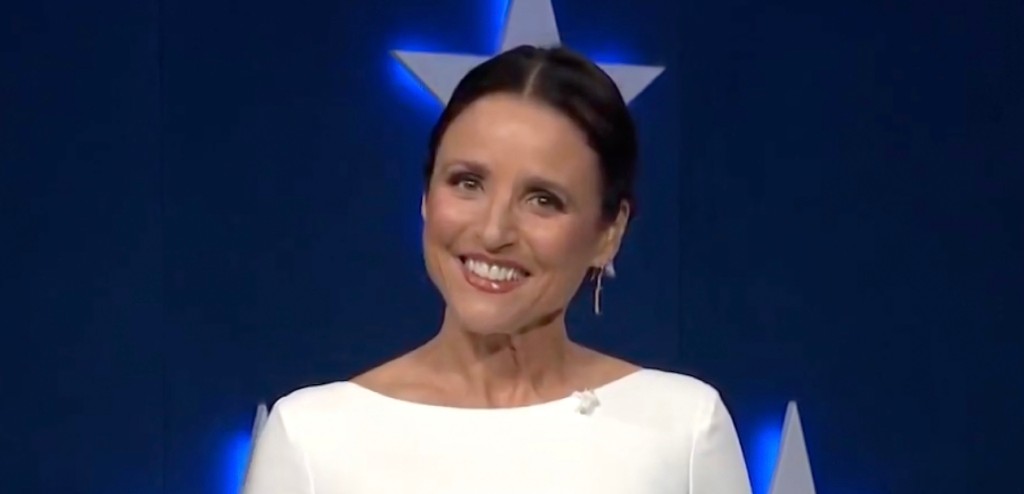

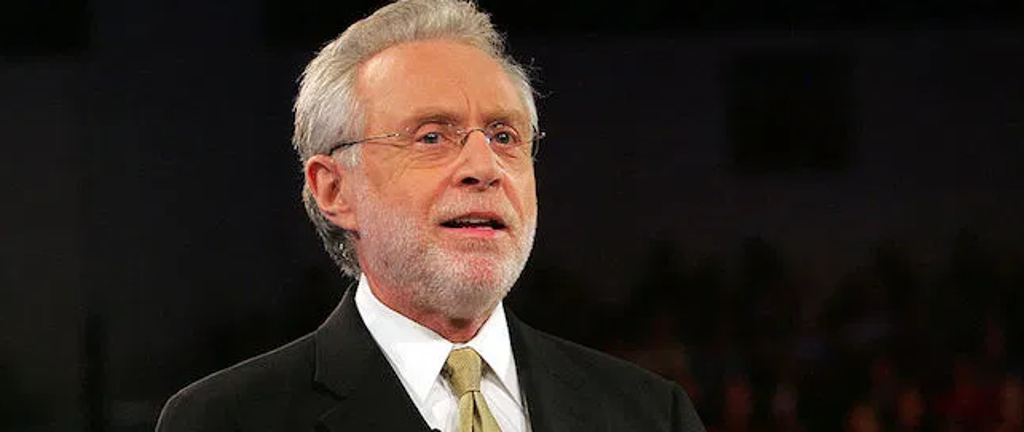
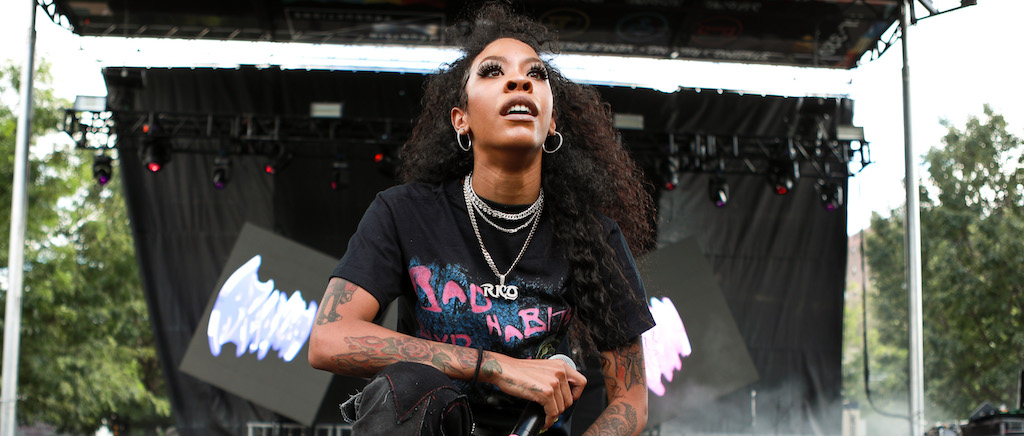
 (@moonphasexay)
(@moonphasexay) 